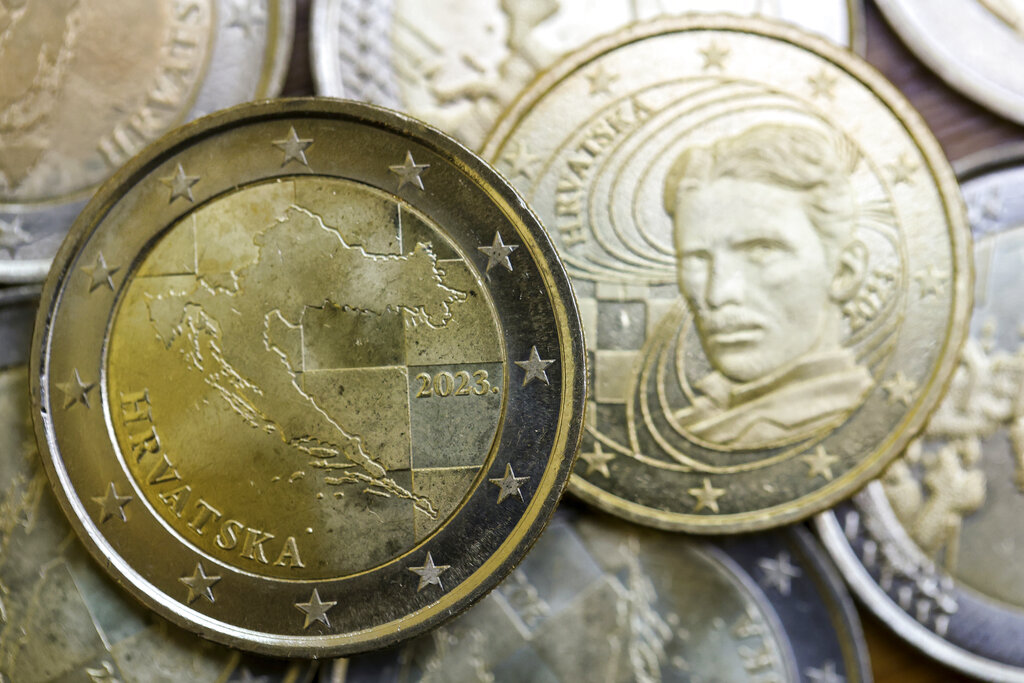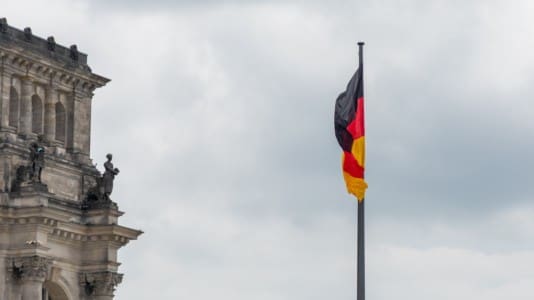Croatia’s entry into the eurozone has caused a wave of price increases in stores, prompting Croatian Prime Minister Andrej Plenković to hold a meeting with representatives of the National Inspectorate and the Revenue Agency.
Moving from the national kuna currency to the euro has led retailers to significantly increase the prices of goods and services. Key groceries, such as bread, coffee, and cigarettes, along with other necessities, are now more expensive.
[pp id=60790]
Other countries also experienced this phenomenon after the introduction of the euro. Some retail chains increased prices by 10 and even 20 percent.
The wave of price hikes has sparked outrage among citizens, leaving the government little choice but to react. Prime Minister Andrej Plenković announced the introduction of measures to protect citizens from what he says are unjustified price increases. Economy Minister Davor Filipović also reacted by saying that the government will not allow for these hikes, going as far as to claim retailers are “attempting to deceive citizens.”
[pp id=52520]
Croatian media outlets assessed that the government should have expected a price increase and been prepared for it. Critics are pointing out that a similar problem appeared in Slovenia when the country introduced the euro in 2004. Ljubljana resolved this issue by creating “black lists” of retail chains that increased prices. However, some said that regulating the prices would be difficult, even impossible, and most of them will remain at the current level.
It’s important to note that the decision to introduce the euro in Croatia was enacted without public discussion or debate, even with research consistently showing that Croatians were divided on the matter. A 2022 poll revealed that as many as 40 percent of Croatians were against adopting the new currency.
Despite this opposition, the center-right, pro-Brussels government of Andrej Plenković decided that Croatia would enter the eurozone.





